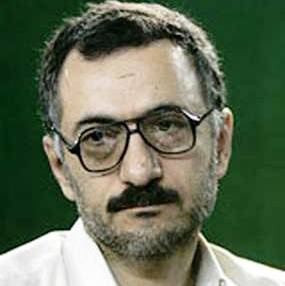Geopolitics, Economics and 30 Million Barrels

IRD: Could Washington’s decision to unleash a batch of its oil reserves be explained with reference to the situation in Libya?
SL: The connection between Washington’s move and the level of production by OPEC members is not that strong. After all, Libya was not a major oil producer –as influential as Iran or Saudi Arabia- in the market. The sixty million barrels the International Energy Agency [IEA] has decided to inject to the market accounts for –or even surpasses- Iran’s one-month production. I think geopolitical affairs account for this decision more than economic concerns.
The US’ economy in 2011 promised a growth rate slightly surpassing 3 percent. The recent signs have, however, proved less propitious not only for the US but also for Europe. By manipulating the crude oil global price, Western countries-- especially the Americans-- are trying to guarantee their growth rate. But as I said, the measure may have deeper implications. IEA members could purchase oil at a significantly lower price even if they directed 30 million barrels of oil into the market. So the story is not all about economy.
Witnessing the disorder that so far has involved a secondary oil-producing country [Libya], Western countries may be trying to direct the course of developments on their favored path using oil reserves as a geopolitical tool. Considering that Washington’s problems in Iraq and Afghanistan have decreased to a considerable extent, it is possible that the Americans are preparing for another military confrontation in the region. New plans may be in the making for the Middle East in 2012.
IRD: Back to the economy, is what Washington has actually adopted an interventionist attitude in the energy market?
SL: Indeed. Meanwhile, it seems that the West has finally decided to put an end to what it presumes to be chaos in the crude oil market during the past decade and to regulate it in a desirable fashion. They possess the tools to carry out this enterprise. The US can rely on its hundreds of millions of barrels of oil in its reserve, purchased for a much lower price, say 20-30 dollars, which now can sell for 90 dollars.
IRD: How long can they maintain this situation?
SL: For a considerably long period. They have made profits by selling oil at a higher price and buying cheaper. So Washington’s maneuverability has actually increased during recent weeks. But don’t forget that America won’t allow the oil price to drop below a certain level.
IRD: How will OPEC members react to the US’ decision to release its oil into the market?
SL: OPEC as a cartel has never existed, even when all its members had close relations with US. Each member has been selling its preferred number of barrels whenever appropriate. You can look at OPEC as a consultative body, not a regulative one. Meanwhile, the organization’s symbolic role is diminishing. Inside OPEC, Iran always advocates higher prices while Saudi Arabia is a conservative playmaker. The heterogeneous composition of the organization precludes effectiveness, so no significant reaction from OPEC members is predictable. Iran is currently the most vulnerable country with respect to the US’ recent oil decision; that is why I believe Washington’s move is mainly geopolitically driven.

